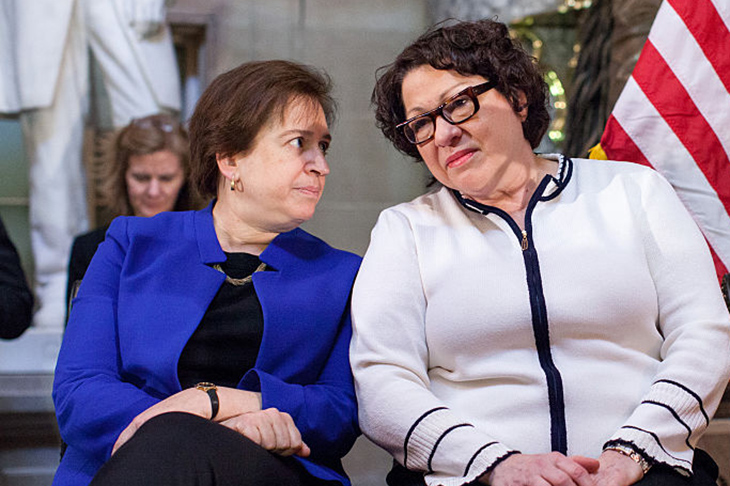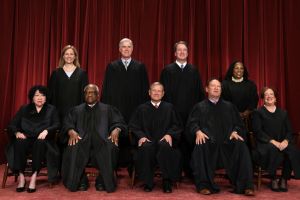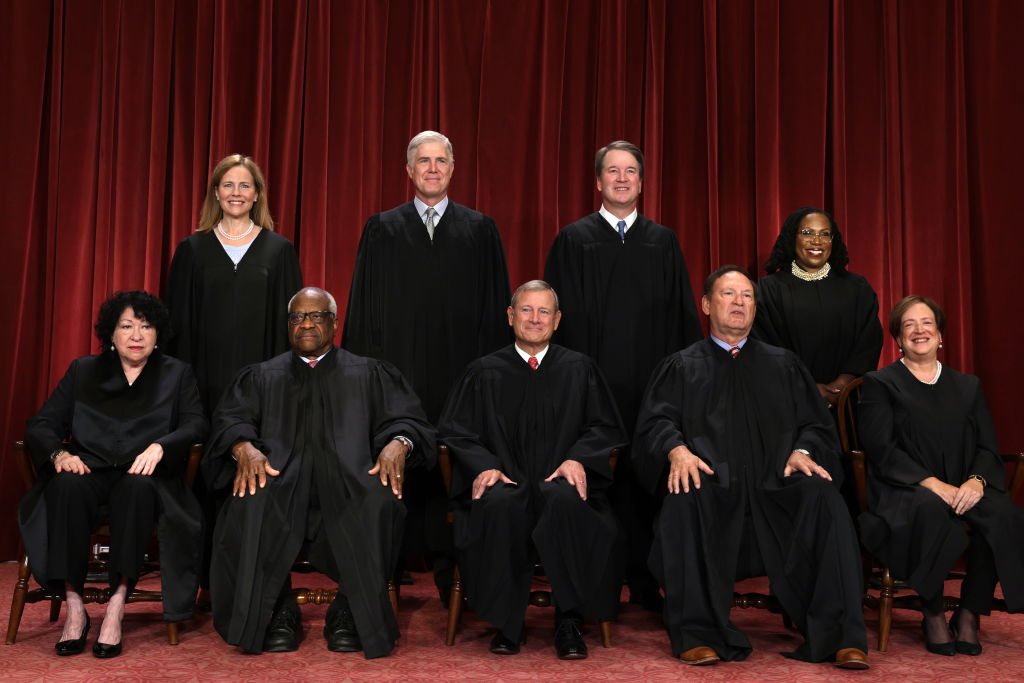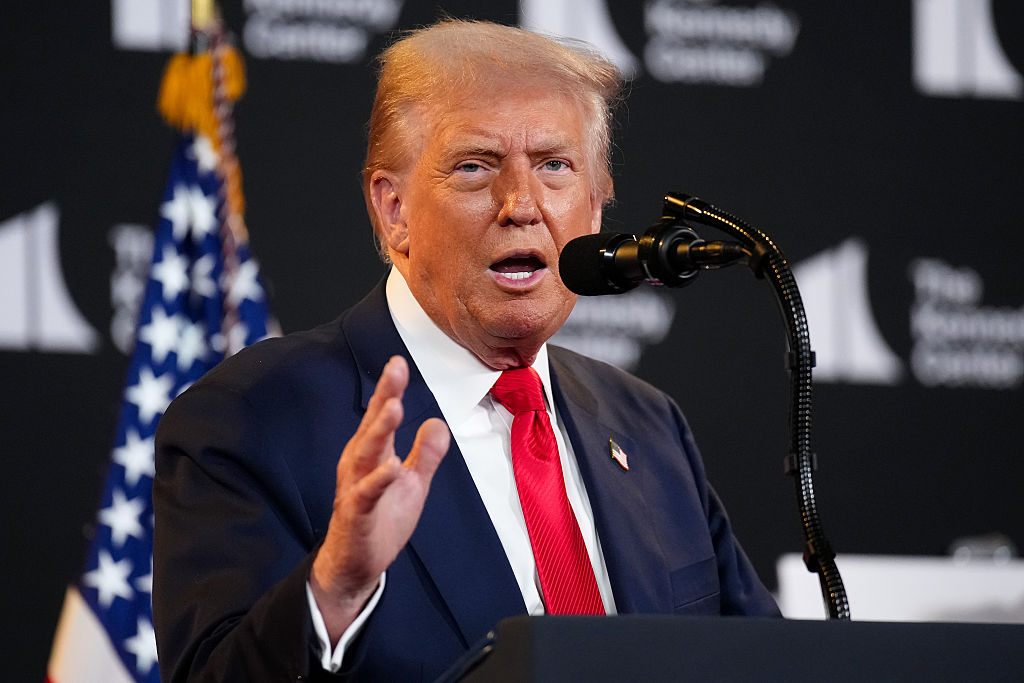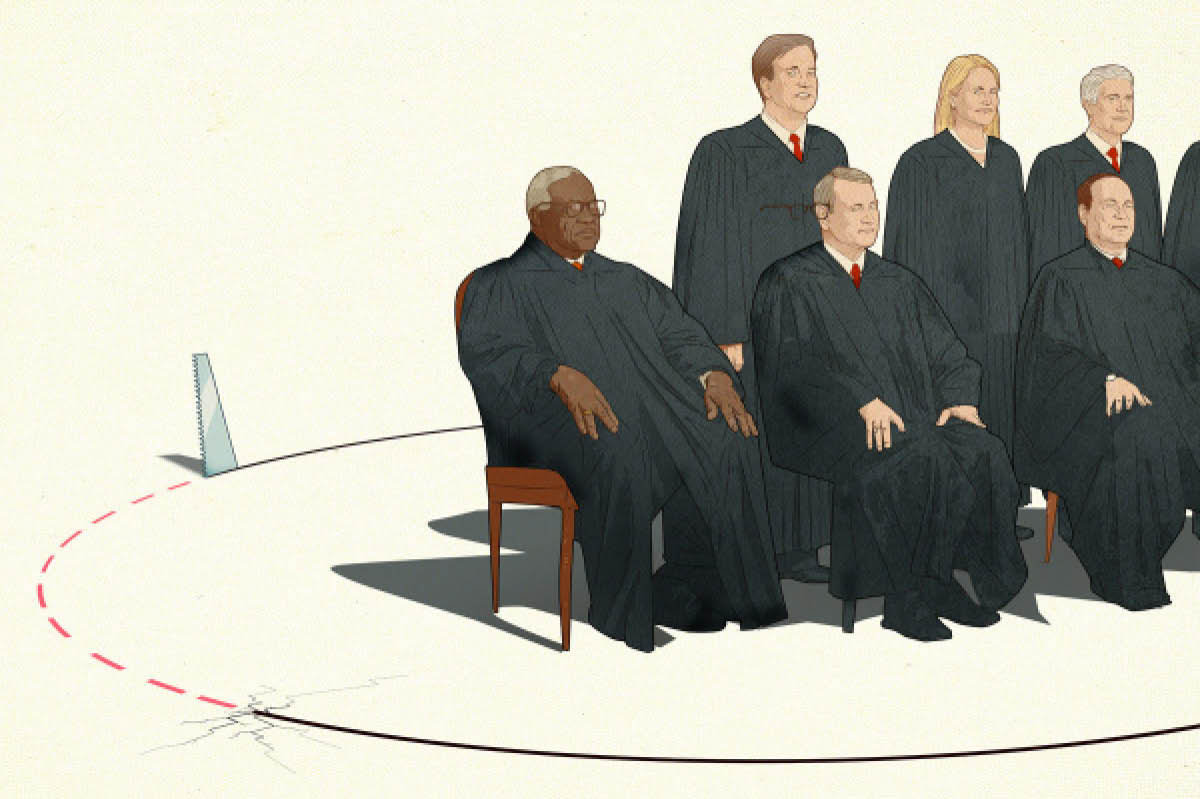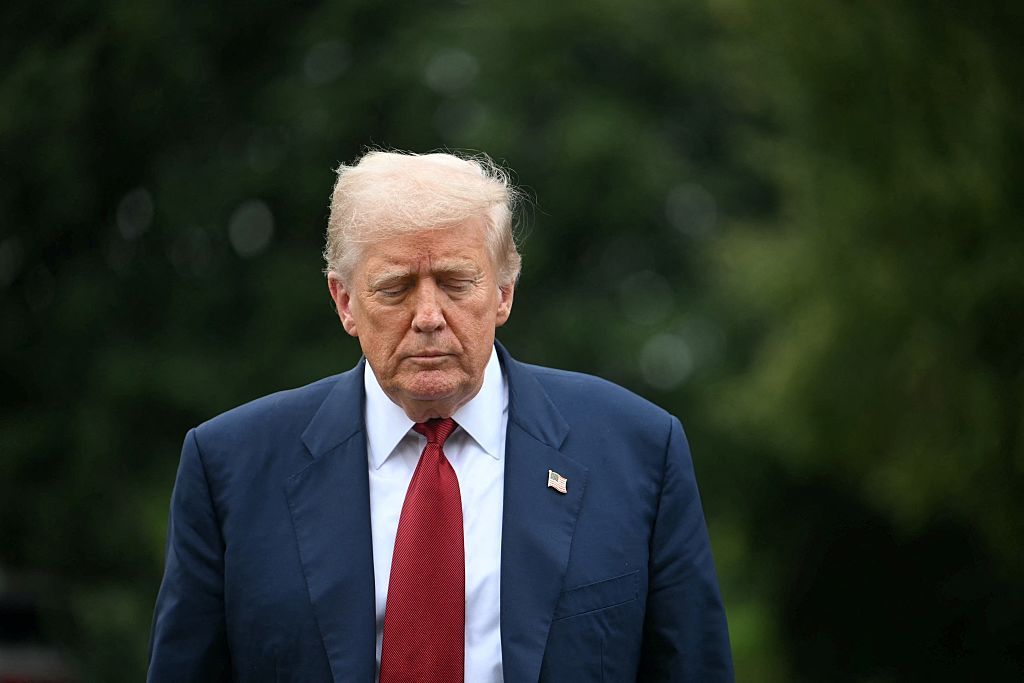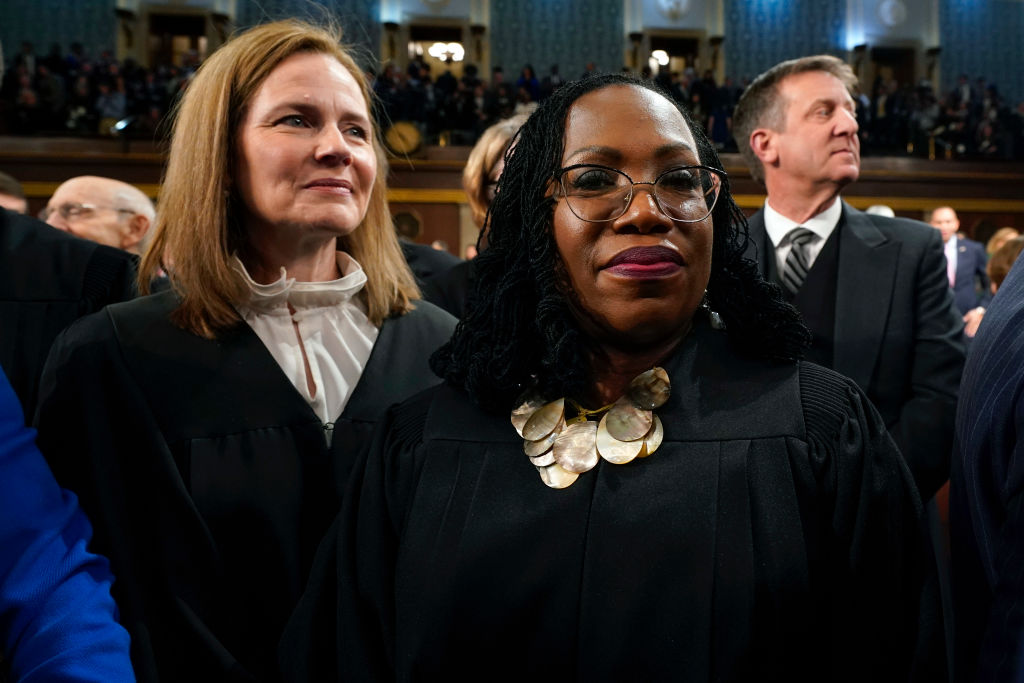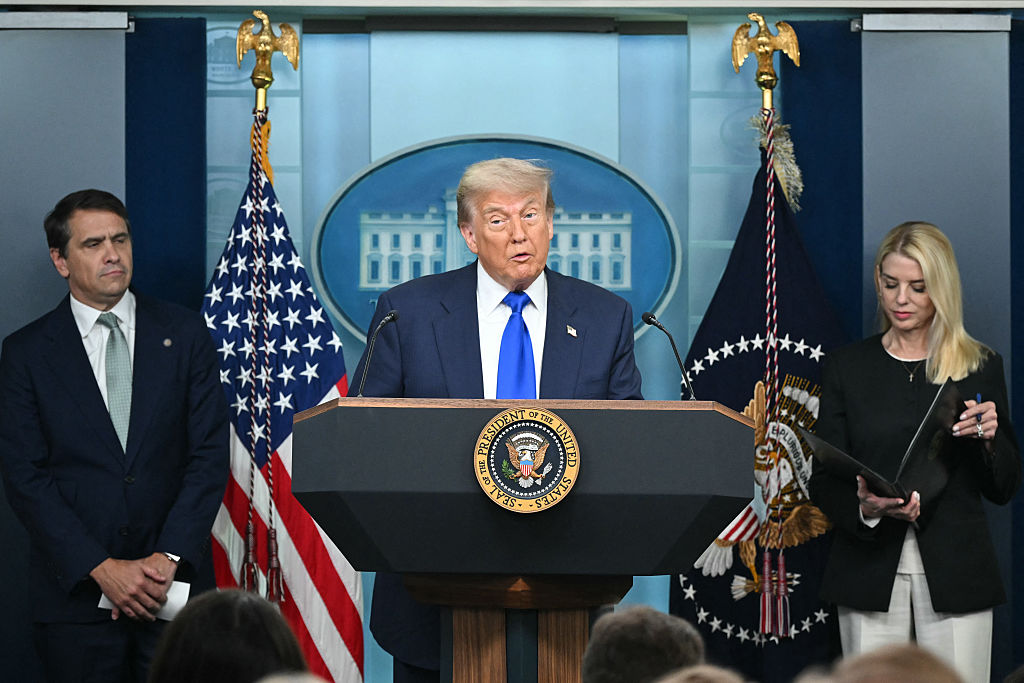Supreme Court Justices Elena Kagan and Sonia Sotomayor spoke for more than an hour on Friday evening at Princeton University about the importance of neutrality for justices and the struggles women face in the workplace without once saying the name ‘Kavanaugh.’
‘It’s an incredibly important thing for the court to guard, is this reputation of being fair, of being impartial, of being neutral,’ Kagan said. ‘This is a challenge.’
Both justices spoke at length about the necessity of preserving the Court’s reputation for fairness and neutrality. Kagan noted that having a swing vote, such as Justices Sandra Day O’Connor and Anthony Kennedy, has made the court seem more balanced. Judge Brett Kavanaugh, who is expected to be confirmed by the Senate this weekend to replace the retired Kennedy, is expected to shift the Court to a more reliably conservative stance.
Kagan and Sotomayor, who graduated from Princeton in 1981 and 1976 respectively, were speaking on campus during a conference the university is holding to commemorate 50 years of coeducation. The ticketing website failed repeatedly when student tickets were released last week, and thousands of alumni joined students in Princeton’s largest gym for the talk.
The justices did not take any questions from the audience. Instead, Heather Gerken, the dean of the Yale Law School and another Princeton alumna, led a discussion with Kagan and Sotomayor. Gerken never asked about the current nomination fight. She joked at one point that Kagan and Sotomayor will likely write more dissents in coming years, but never turned the discussion onto a more political course.
Gerken has herself declined to say her opinion on Kavanaugh’s nomination to preserve her neutrality, although she called for an investigation last week into the allegations made against the nominee.
Marion Freeman, who was part of the first class of women to enter Princeton as first-years, in 1969, was delighted to be in the audience for a talk by two female alumnae who have earned seats on the high court.
‘It’s just so affirming,’ she said. She had been following Kavanaugh’s nomination hearings, and felt that Kagan and Sotomayor was a relief from the toxic political atmosphere. ‘It’s almost like a counterwave to the bad news.’
Although the justices did not discuss the Kavanaugh nomination, they did share stories about being trailblazing women. When Kagan became the first female dean of the Harvard Law School, there was a picture on the wall with all the previous deans. ‘It was, like, thirteen of the scariest looking older men, older white men,’ she said. ‘The first thing that I did was I took that picture down.’
Sotomayor was more blunt when she spoke about the differences in how women are treated in the workplace. ‘I don’t believe that you can be part of the working world without having a story about being treated differently because you’re a woman,’ she said.
Phoebe Rogers, a senior at Princeton studying economics, said before the talk that she expected the justices not to comment on the Kavanaugh nomination or any political matters. Even so, Rogers said, their presence at a conference dedicated to celebrating the presence of women at a historically male-dominated was a political statement by itself.
‘Even if they don’t comment on it, there’s an implication of resistance,’ she said.



